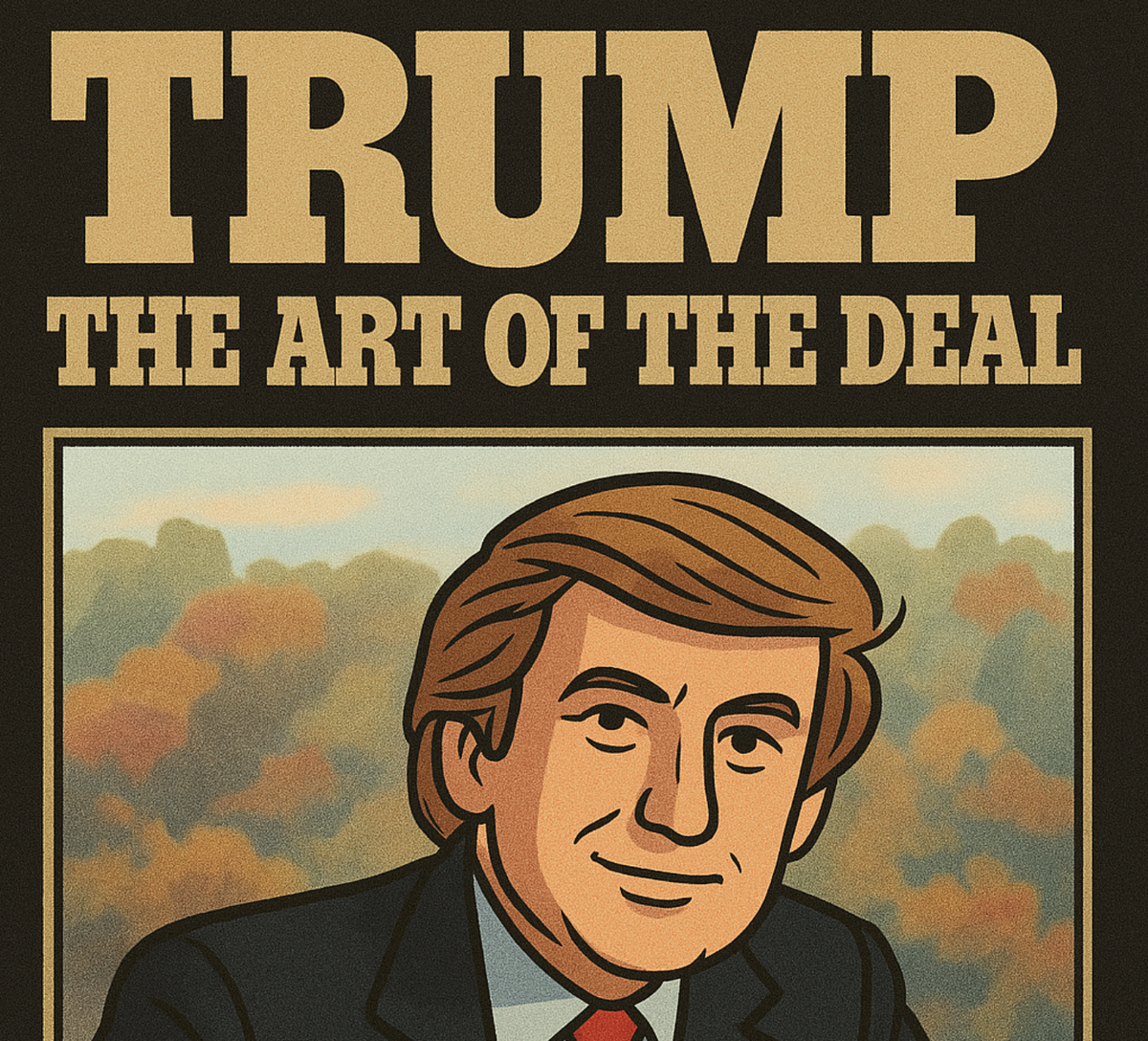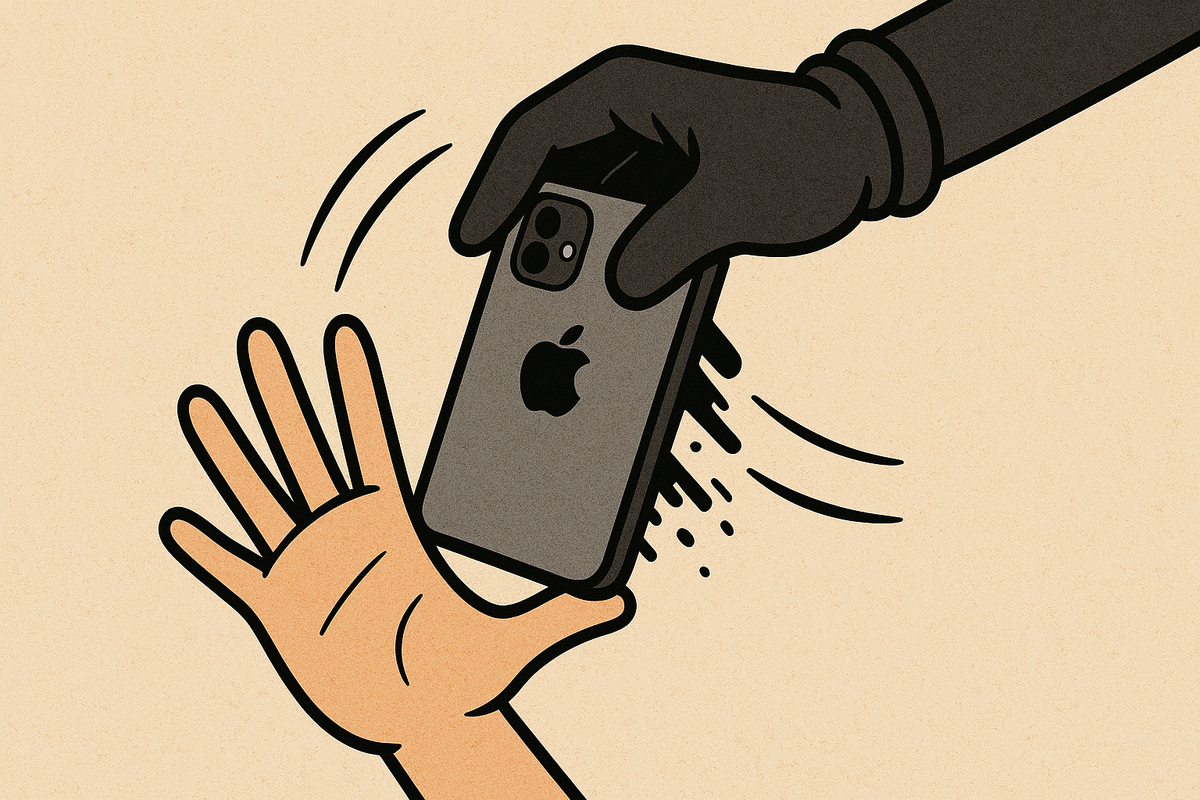The Meta Points of Meta's Trial

The first rule of corporate communications is: you do not put it in email.
The second rule of corporate communications is: you do not put it in email.
Luckily for us, Meta clearly doesn't follow the rules. Nor, seemingly, does anyone else. Which makes the discovery element of every trial so much fun – as long as you're not a part of it. One day, these companies will likely learn to keep such communication to phone calls or, even better, in person.1 Today is not that day.
We're only two days into Meta's antitrust trial and the amount of headlines is already dizzying. While it may be a bit front-loaded with Mark Zuckerberg being the first witness called, we're still likely to get days and days of stories around what Meta thinks about almost everything as it relates to social networking and tangential topics. You know, like Settlers of Catan.
But the most interesting element of the whole trial may be the yes, meta aspect. First and foremost, in a just world, the FTC has no shot to win this case. The case is so nebulous and weak that it makes the (also mostly ridiculous) antitrust case against Apple look like a steel trap.
The FTC wants to litigate the past here and force changes that only make sense in hindsight. And the desired result – the cleaving off of Instagram and WhatsApp – wouldn't do much of anything other than destroy a sizable chunk of Meta's business. That, in turn, would put Meta's future very much in peril. Without Instagram's ad dollars flowing in, you can say goodbye to either the metaverse spend or their AI build-out. Maybe both, depending on how Wall Street reacts. It's seemingly not an overreaction to think that such a blow may be the end of Meta. At that point, they may as well change their name back to 'Facebook'.
And that's seemingly what the FTC wants. Certainly, it's what former FTC chair Lina Khan wanted – and she was clearly thrilled to stay in this spotlight when The Wall Street Journal asked her to comment on the case today. But aside from nearly killing this case in the cradle by initially putting forward a somehow even weaker case which the judge immediately threw back at them, Khan neither started nor will finish this. The regimes change, but the animosity against Meta stays the same, it seems. Even when you have a Biden presidency squeezed between two Trump terms. It's the only topic that can unite both sides these days.
That's despite Zuckerberg's considerable time spent – and money literally spent – to try to change Donald Trump's mind about him and his company. But really just him, because, let's be honest, that's what Trump really cares about. He believes Zuckerberg helped to derail his initial presidency with his "Zuckerbucks". And so Zuckerberg has had to go over the top – far more than the other sycophantic CEOs – to try to prove to Trump that he's changed. Or that now he's free to be who he always wanted to be. A badass bro just rocking the masculine energy. And thinking a lot about ancient Rome. How do you do, fellow MAGA-ites?
Look, I enjoy teasing on this topic. Because it's so pathetic and will be looked back upon in a particularly awful light, one imagines. But at the same time, I acknowledge that Zuckerberg doesn't really have the luxury of acting like a normal human being here. He has a trillion-dollar company that the President of the United States had zero'd in on as his enemy number one. He could either try to ride out such an onslaught or be proactive to change the conversation.
He did his best. But in the end, the onslaught has come anyway.
There are a number of ways to read the reports that Meta tried to settle the FTC's case with an offer so low that it may as well have been $0. One read is confidence. Another is arrogance.
I mean, when the government's opening bid to make this all go away was $30B and you counter with... basically two orders of magnitude below that number ($450M)... what is the other side to think? Not many good thoughts, as it turns out. Again, maybe Meta felt confident (and again, as they probably should in this case on paper!), but the reporting also makes it sound awfully arrogant. Like they were sure that Zuckerberg's newest social connection would come through in the end:
On the call, Zuckerberg sounded confident that President Trump would back him up with the FTC, said people familiar with the matter. The billionaire Facebook co-founder had been developing closer ties to Trump—his company donated $1 million to Trump’s inauguration and settled a $25 million lawsuit—and had been pressing the president in recent weeks to intervene in the monopoly lawsuit.
FTC Chairman Andrew Ferguson found the offer not credible, and wasn’t ready to settle for anything less than $18 billion and a consent decree. As the trial approached, Meta upped its offer to close to $1 billion, the people said, and Zuckerberg led a frenzied lobbying effort to avoid the FTC trial.
Ferguson seemingly got the last word and blessing from Trump: the trial would move forward. We can joke that Zuckerberg probably should have spent more of those "Zuckerbucks" here. But the reality is that most Republicans don't seem to be buying Zuckerberg's change of heart and strategy. They look at him and likely see a fair-weather friend. Perhaps not unlike an old high school enemy who has reached out to connect on Facebook and is posting some clearly cringe and truly pathetic content to show how much they've changed...
Why did Zuckerberg and Meta want out of this trial so badly? Especially, again, if the FTC seemingly has such a weak case? Well first and foremost, anything can happen – especially when it's one person deciding. Just ask Google. But second, go back to those emails. Often times in such trials, the true damage comes not from the verdict but from the embarrassment of disclosures.
After riding high last year, Zuckerberg is now back in the public opinion doghouse. And as he goes, so goes Meta. All of this naturally ebbs and flows, but having all of your dirty laundry aired in public is probably not going to help the perception of Zuckerberg and Meta. So they very well could win the case but lose the PR war.
So far, such disclosures – beyond perhaps the settlement attempts – aren't too bad. But it's early. The most interesting element in this regard so far is that Zuckerberg himself weighed spinning out Instagram a few years ago. And while the emails are more nuanced than that may sound – a big part of his rationale was the (correct) assumption that the government might eventually try to break up the company! – the headlines paint a picture where the CEO of Meta thought that the right thing to do might be what the FTC is now trying to get Meta to do.
That's... not a great look. (Again, even if the reality is more nuanced.)
Zuckerberg, of course, did not go through with that move. And my sort of in-between-the-lines read of the situation was that this was the end of the more independent Instagram – and not coincidentally, when founders Kevin Systrom and Mike Krieger left. Instagram was sort of eating Facebook's lunch from the inside, and so Zuckerberg figured out a way to bend the product to his will under the thumb of longtime lieutenant Adam Mosseri.
But it also put the company, since renamed Meta, in the position where now they cannot afford, quite literally, to lose Instagram. While they don't specifically break out the revenue numbers, recent reports put Instagram as now responsible for over half of Meta's ad revenue in the US. It is now the straw that stirs the drink.
And the FTC would like to drink that milkshake. Drink it up!
The still up-in-the-air status of TikTok looms over all of this as well. Meta is going to keep hammering home the point that they're not just a competitor right now, they're the competitor. But that competitor is largely a competitor to Instagram, thanks to Reels. And Reels may be on the verge of spinning out into its own service, further muddying the waters here – perhaps intentionally, on Meta's part! Have I mentioned the Trump administration's central role in trying to save TikTok (after trying to ban it, in their last go-around in the White House, naturally)?
I'm honestly having a hard time figuring out all the conflicts here. But there's certainly no shortage of interest. The fate of Meta hangs in the balance.
Update April 17, 2025:
Sure enough, as expected per above, on day three of the trial, Zuckerberg explicitly framed TikTok as the competitor to his apps at the moment. Mainly because they're eating Meta's lunch in terms of time spent. As Cecilia Kang and Mike Isaac relayed for The New York Times:
“TikTok is still bigger than either Facebook or Instagram, and I don’t like it when our competitors do better than us,” he said.
Also, a few days ago, I wrote the following:
Zuckerberg is famous for being a ruthless competitor, but in this case, it feels more like something out of the Andy Grove "only the paranoid survive" playbook.
Here was Zuckeberg in court yesterday:
“What’s that Andy Grove quote? ‘Only the paranoid survive,’” Mr. Zuckerberg said, referring to an often-quoted leadership mantra by a former head of Intel. “It’s my job to understand things that are adjacent to us and what’s going on in the industry.”
👀







1 This all must be one of the biggest testaments to convienience ever. Everyone -- everyone -- knows that all emails are going to be public eventually if a company simply survives long enough to sue or be sued. Yet they still send most communication this way -- or now via more modern tools like Slack. All of this is discoverable, but people can't help but say things they clearly shouldn't say in such channels. Even after they watch peer after peer get burned. It's sort of fascinating!







